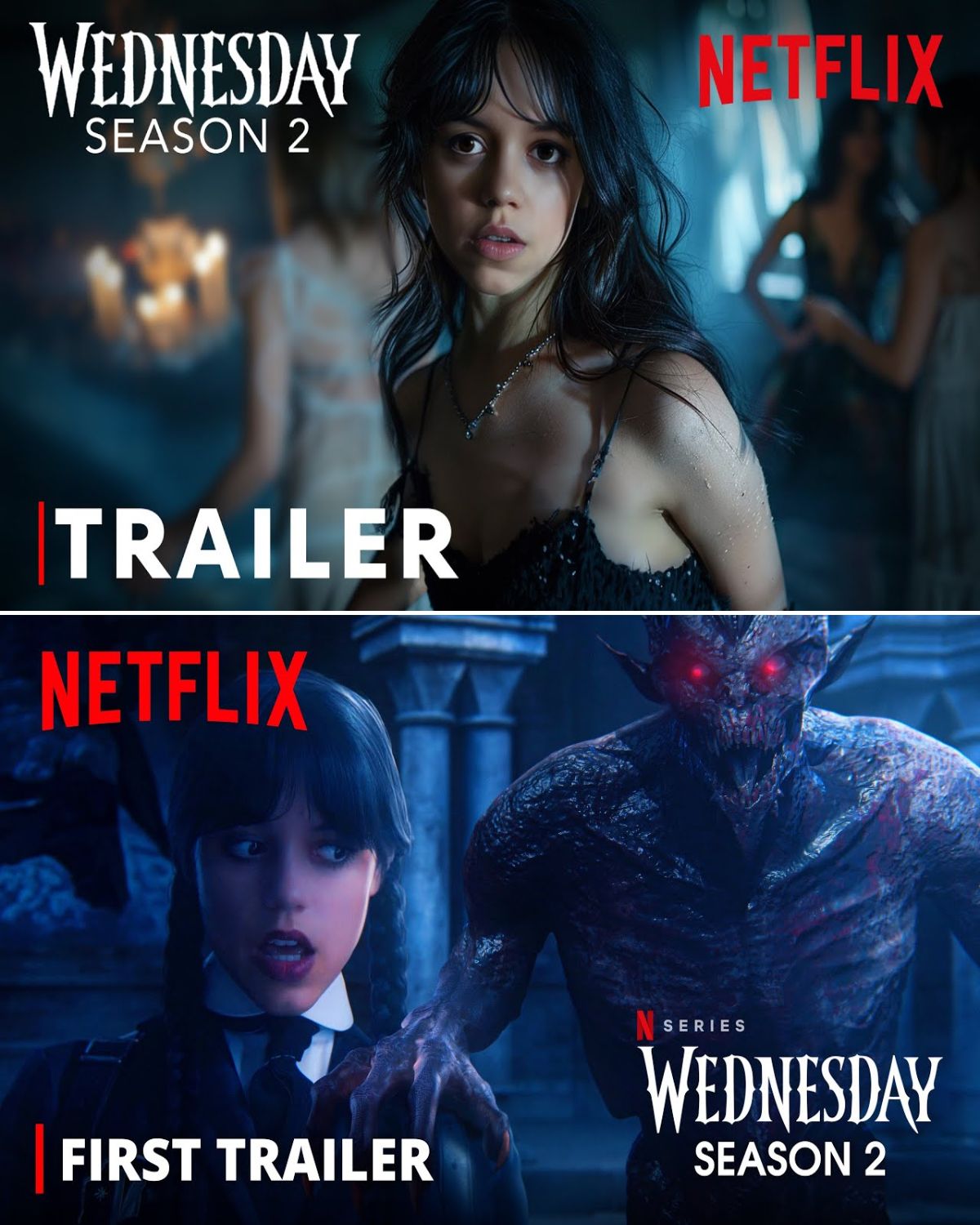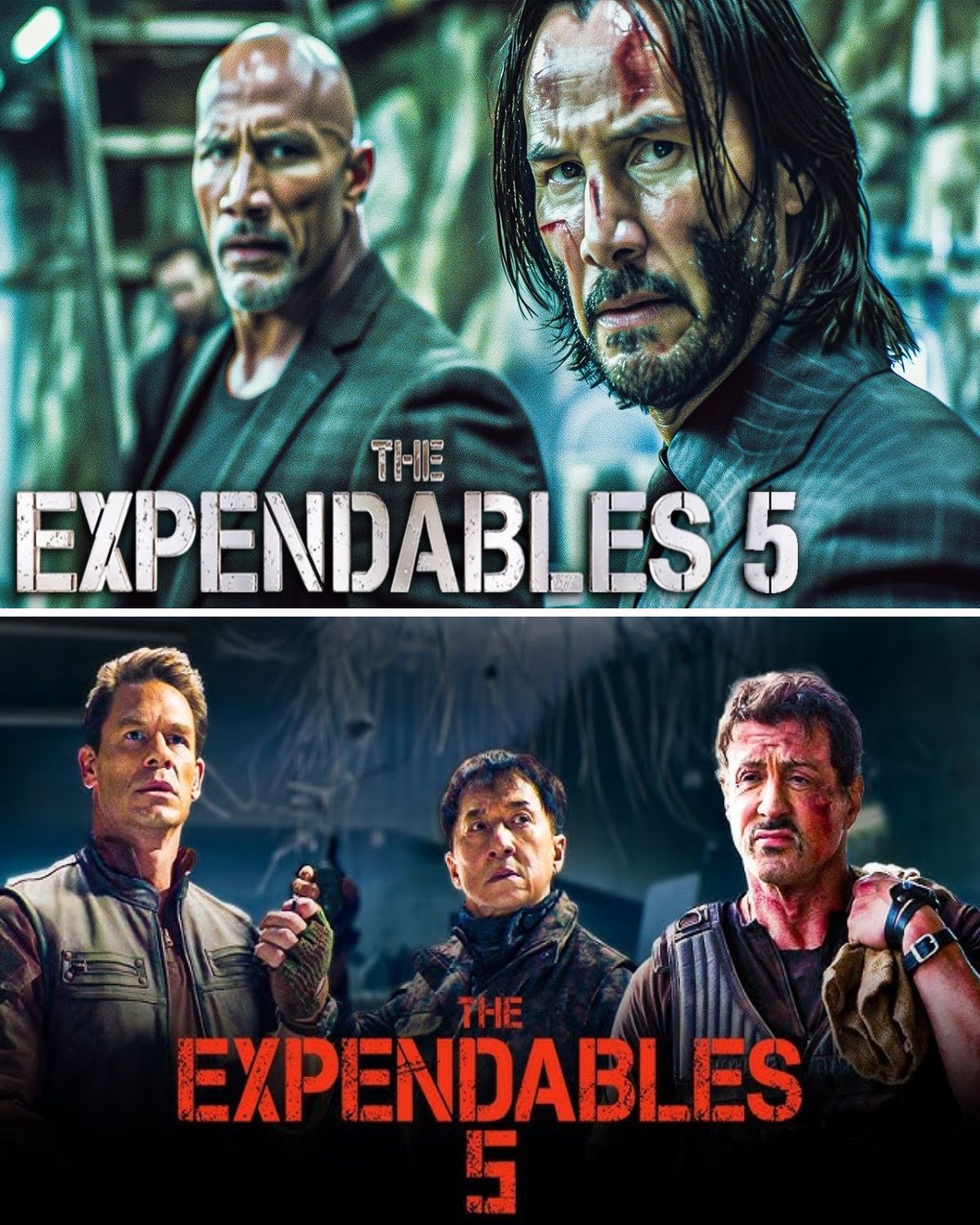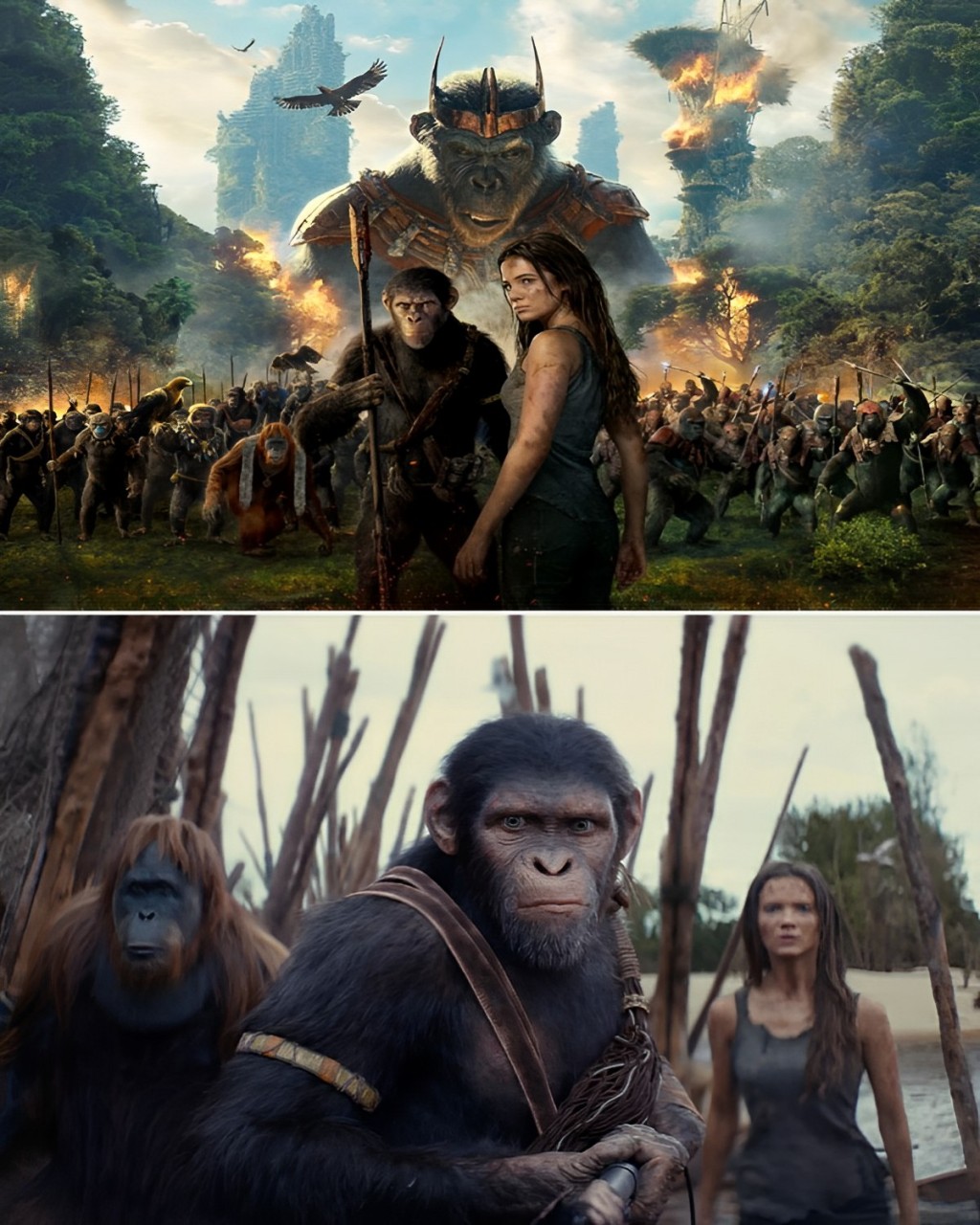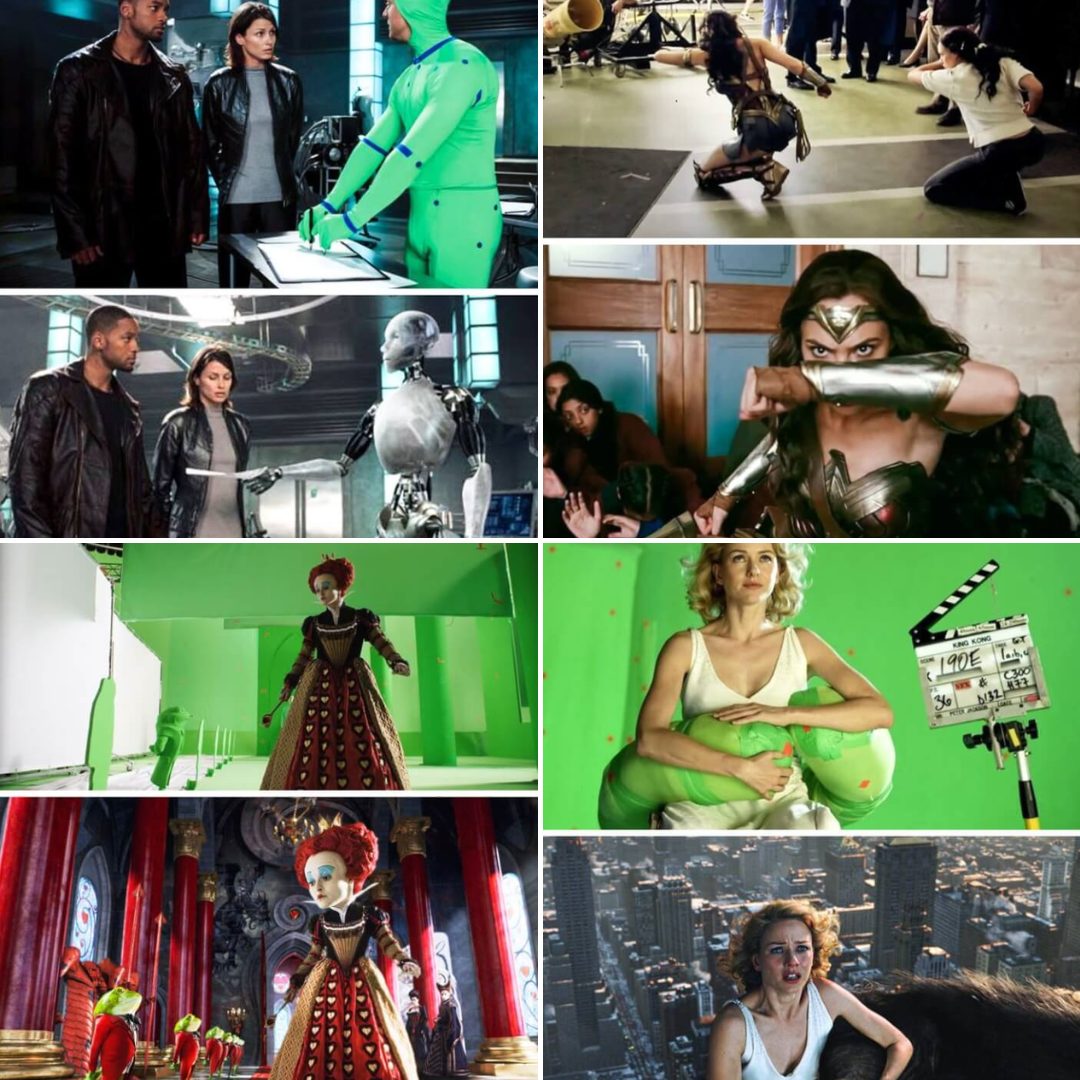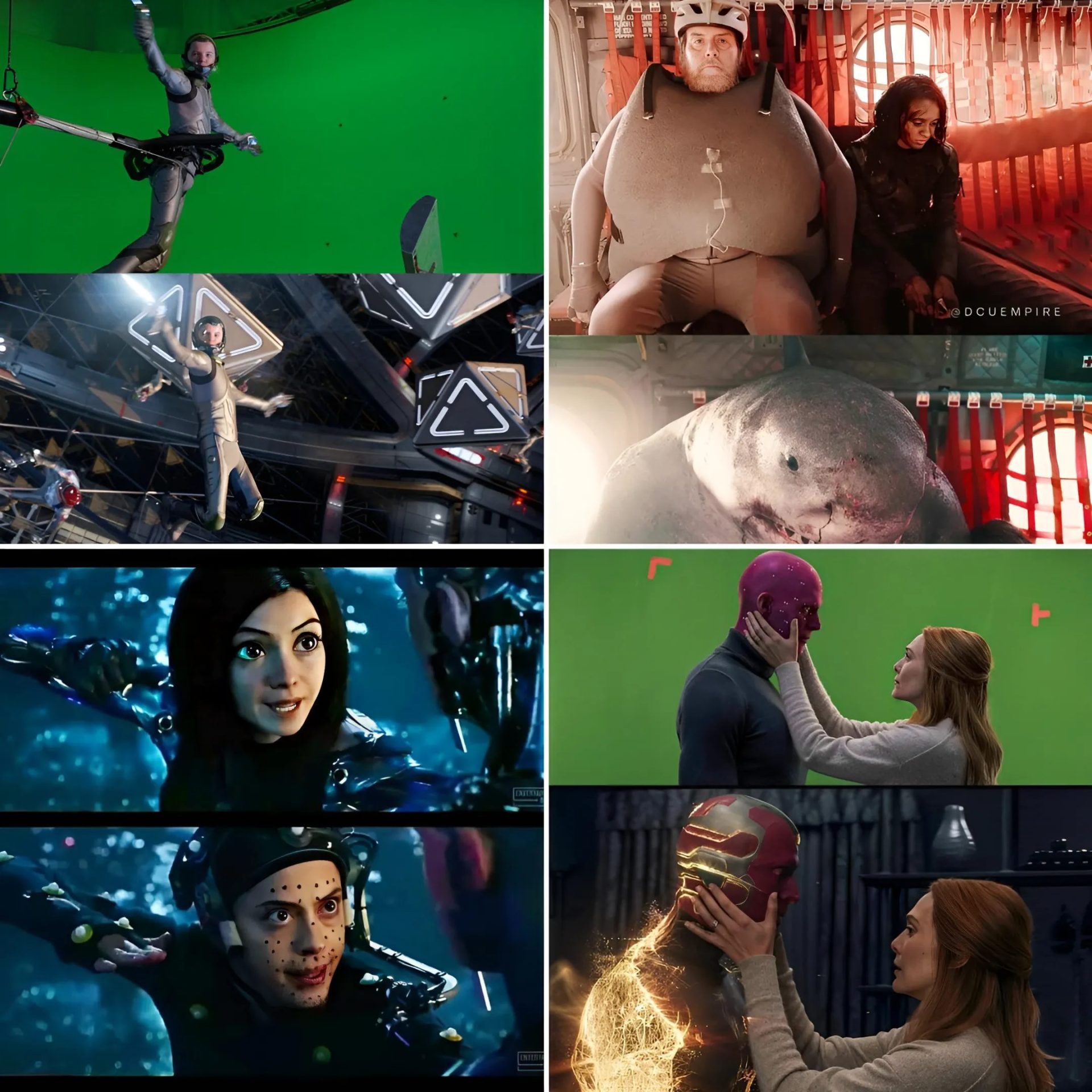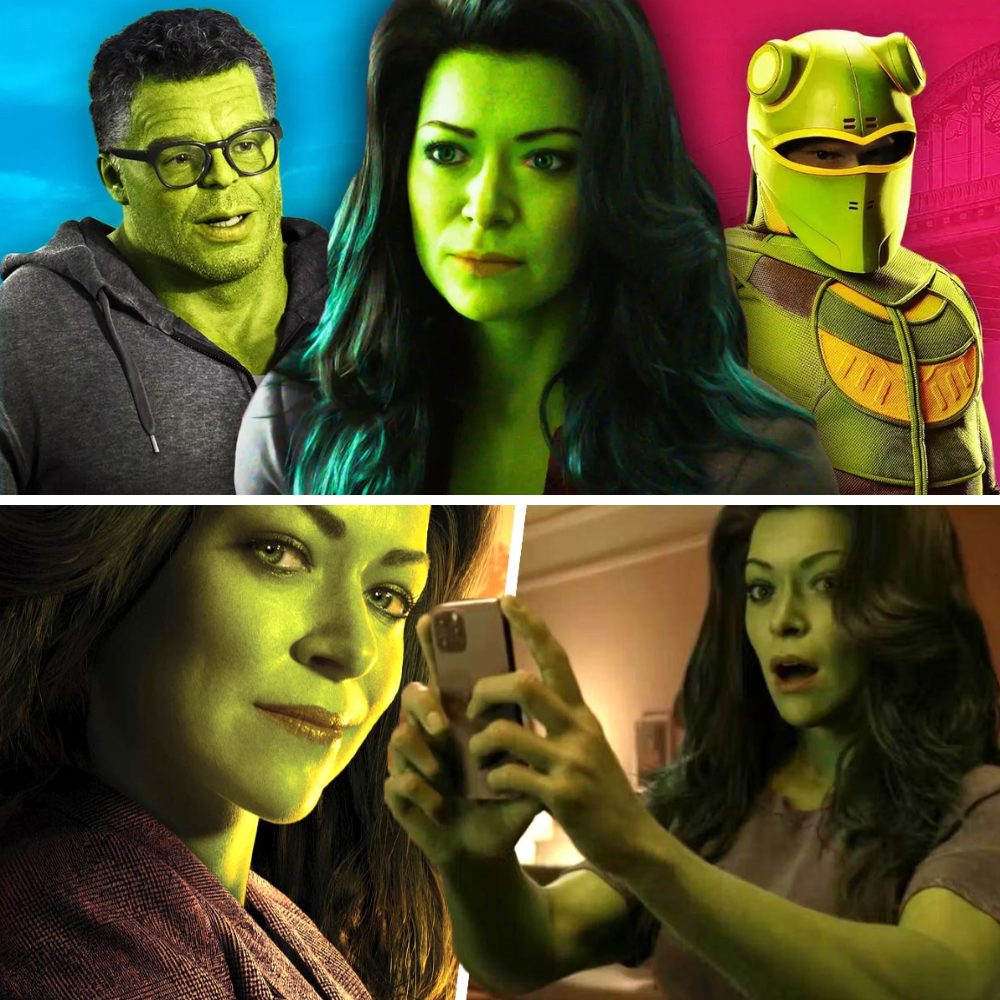When you consider that both Joker ($1.074 billion) and The Batman ($770.8 million) made a lot of money at the box office, you have to wonder why DC is even bothering with a connected DC universe. Surely, the success of these two films proves that it’s completely unnecessary? DC’s past successes (like Christopher Nolan’s Batman and Christopher Reeve’s Superman films) weren’t interconnected. And maybe that’s the key to a successful DCU.

Crossovers in comic books have had a long history of being some of the most iconic and beloved events ever produced by any publisher or creator. Things like the Avengers coming together to fight Thanos’ forces from The Infinity Gauntlet, Captain America fighting against Iron Man in Civil War, and even Batman briefly encountering Superman during his investigation in Batman: Hush are among my personal favourite comic book moments of all time.
It seems as if this series of interconnected storylines is what makes comic books, well, comic books. We love seeing Superman take down Doomsday, but we’d love it even more if he joined forces with Batman or Wonder Woman to do so – it’s just the way things are in this industry.
Perhaps that’s the same reason why the Marvel Cinematic Universe introduced crossovers quite early into its run, to make its series of live-action movies feel even more like the comic books on which it’s based. After all, that’s what fans want, right? Well, I think the box office success of The Avengers and Endgame speak for themselves.
It’s no secret that the DC Extended Universe has had some issues getting its feet on the ground. From a rocky start to a series of questionable marketing choices, for a while it seemed as if all the DCEU could do was try to replicate what the MCU had done before, and that included having its epic crossover event with Justice League.
A big, interconnected world of characters and stories is just what we’ve come to expect from superhero movies in general because that’s the way things have worked in comic books for years now. That said, is it really necessary for live-action movies to have this type of connected multiverse where every character knows each other and every action of every film has an effect on the franchise as a whole?
DC fans have had a rough few weeks as 2022 comes to a close. We’ve lost most of the members of the Justice League as we prepare to enter the James Gunn era of the DCEU, and no one is really quite sure of what to expect from this new management. However, the deal seems to only affect the mainline DCEU, with the notable exceptions being Matt Reeves’ The Batman universe and Joker – which also happen to be the two best DC films released in recent memory.
Batman has always been one of the Justice League’s central characters, which only makes it even more confusing for DC to have so many versions of the character – if they wanted to make an MCU-like connected universe, that is. What Matt Reeves proved is that his version of the Caped Crusader was the closest one to the comics fans have ever seen, and it doesn’t have to do with anything the character does.
Some of the best stories ever published by DC Comics have been Batman solo stories: that’s a fact. Things like Arkham Asylum: A Serious House on Serious Earth, The Killing Joke, and even Batman: Noël, if you’re feeling festive, are some of the best comic book stories ever written. What’s more, is that they rarely need any DC backstory to make sense – readers only need to know who Batman is, and that’s enough to understand what’s going on in the story.

What this means is that these Batman comics are not just some of the best comic books ever written, but they’re also some of the most accessible ones for new fans. What’s fascinating to see is that both The Batman and Joker apply this same approach in their films. They are DC films that aren’t connected to a shared universe.
A mere look into Joker is enough to set the film apart from the rest of the superhero films made in recent memory. It’s the same principle as what we saw in Arkham Asylum: we know the characters, but they’re placed in an entirely different setting that just sort of works for long-time fans of the character and new readers alike.
The Batman is more or less the same. We’ve seen Bruce Wayne’s superhero origins countless times in live-action before: we all know how he lost his parents and we know how he became the legendary vigilante he’s now. However, what The Batman did was set the stage for a new DC connected universe – but a Batman-only universe.
This is a monumental idea that Marvel never fully explored with its MCU. While the vastness and richness of the MCU’s lore are undeniable, it can be quite shallow when you look at it with an objective eye. Following Matt Reeves’ approach, we would have got to see so much more backstory concerning some of Marvel’s central characters, instead of just having them appear when the interconnected plot demands, like The Eternals.
It might seem as if Joker and The Batman being their own separate sub-universes inside the larger DCEU could be confusing for some of the more casual fans, but I believe the opposite is true.
While the MCU suffers to add context to new characters, events, and even whole storylines (WandaVision,) fans of Batman or the Joker can simply go to the movies and watch the films starring their favourite characters without the need to watch Aqualad on HBO Max to understand why Bruce Wayne has a new haircut, like the MCU expects us to do.
With every new project tied to The Batman announced, and the upcoming Joker sequel nearing its release, it seems clear that DC has decided to keep these two universes, at least for now, separate from any connected universe plans James Gunn might have – and I honestly think that’s the best choice.

As much as I love both films, seeing Joaquin Phoenix’s Joker go head-to-head against Pattinson’s Batman is simply something that I just can’t see happening. They are two very different characters that work perfectly well within the confines of their own films, proving that not all superheroes or comic book films need epic crossover events to be successful.
Marvel fans have accused the DCEU of parroting what the MCU had done before, and they might have been right at some point. That’s also why it’s so essential for the DCEU to get more films as Joker made – they need to find their own identity in an industry focused on repeating what’s successful, with little to no care for innovation.
Joker and The Batman are some of the best movies DC has made, not only because of their characters but because they bring something unique to the table: proof that you don’t have to be the “most ambitious crossover event” to be the best comic book movie ever made. Let’s be honest, DC really doesn’t need a connected universe.
